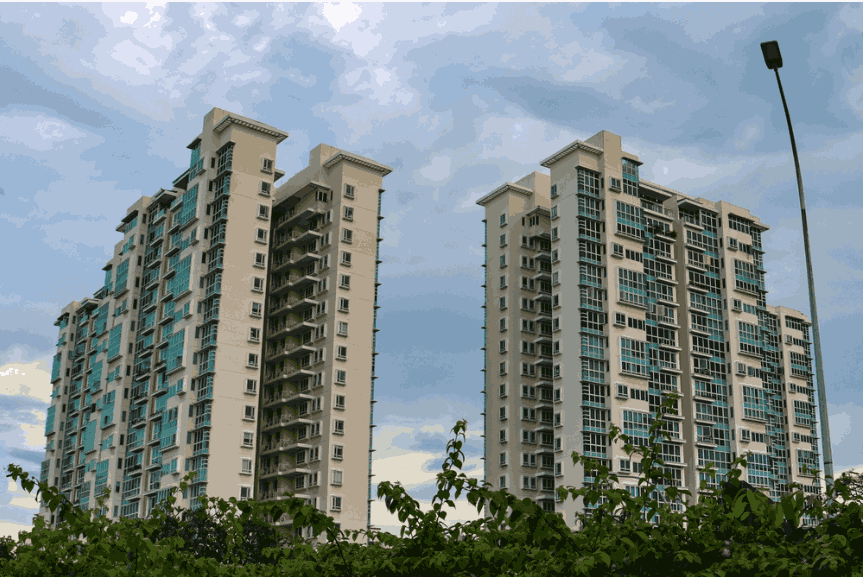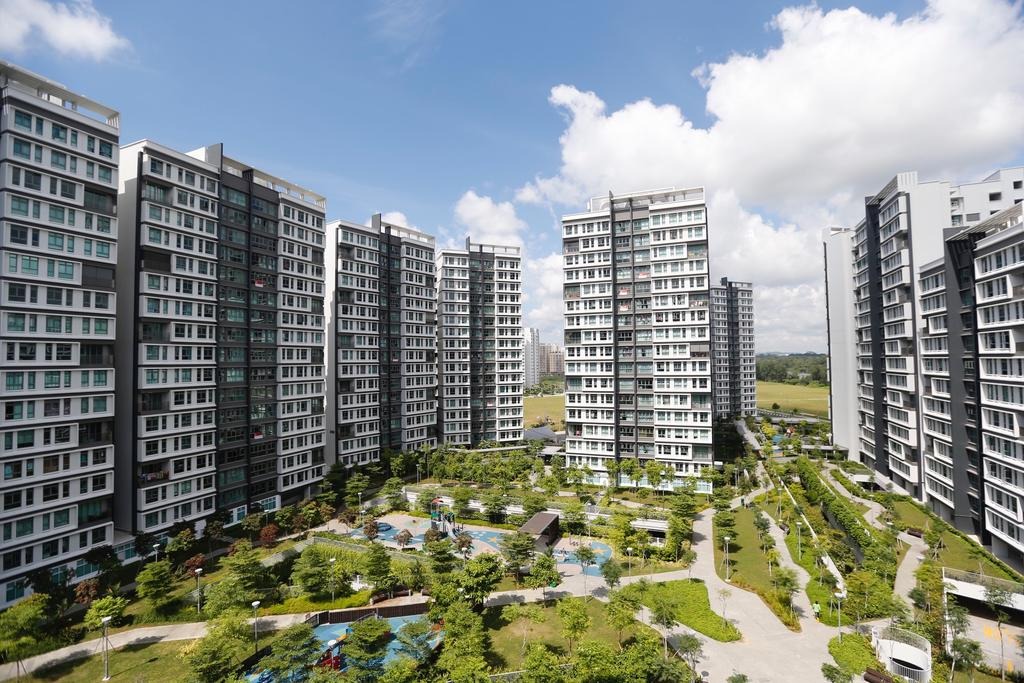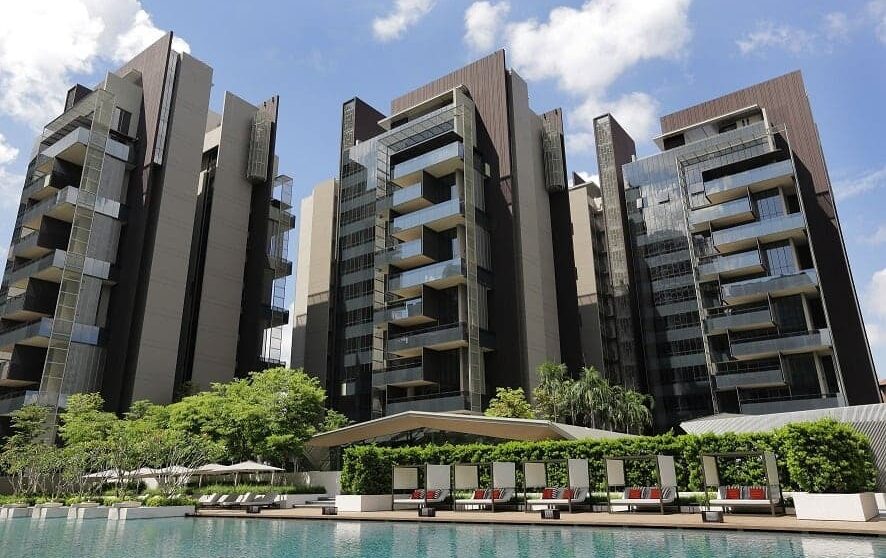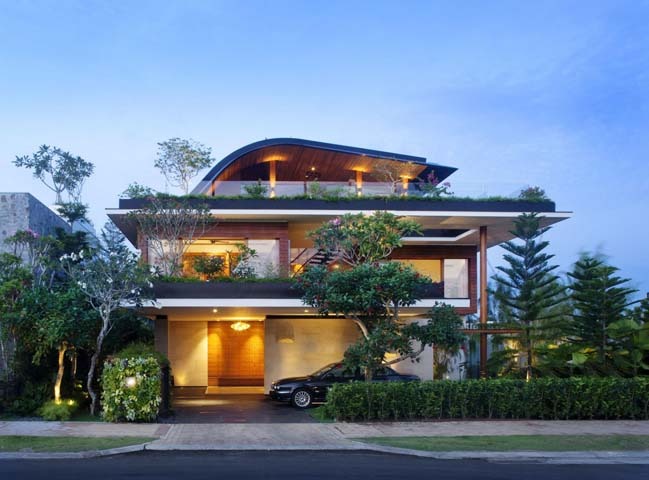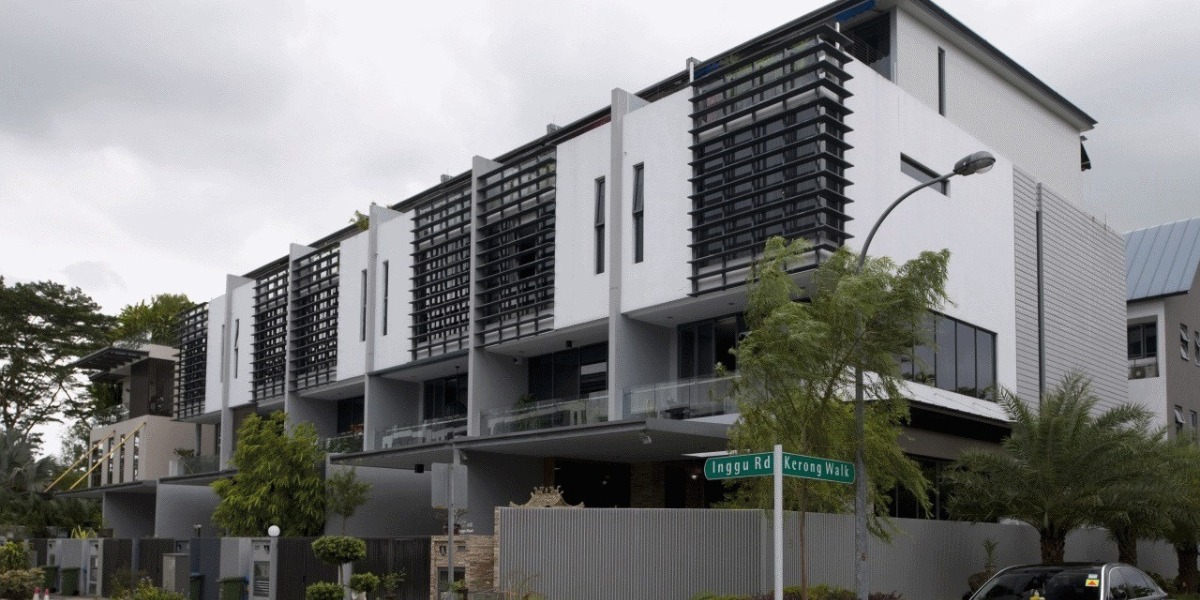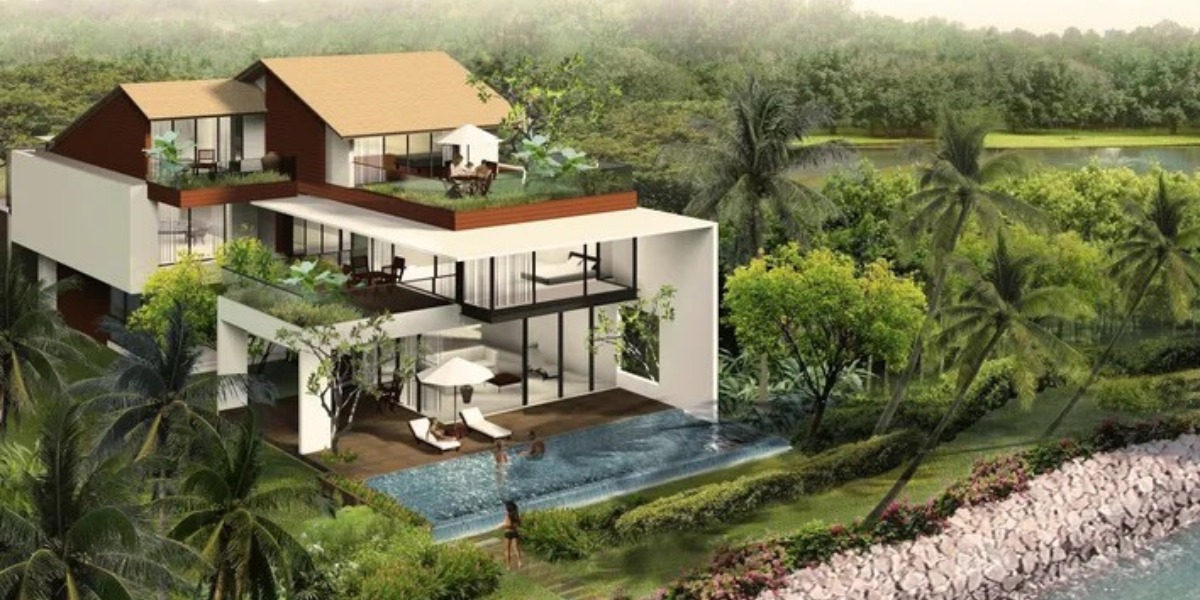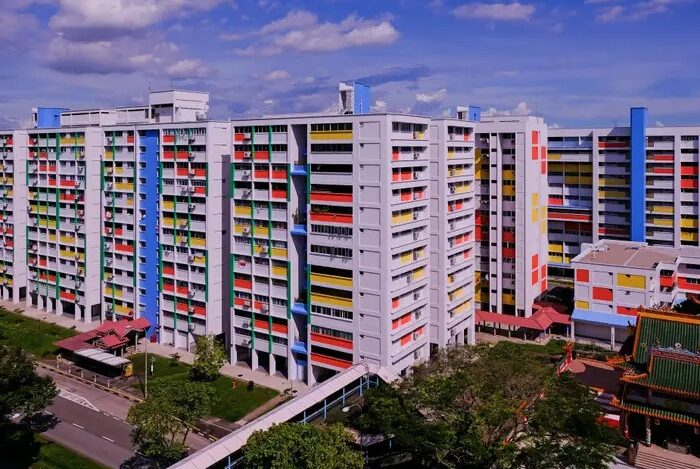A Complete Guide to Buying, Selling, Renting, and Investing in Landed Properties in Singapore
A Complete Guide to Buying, Selling, Renting, and Investing in Landed Properties in Singapore Landed properties in Singapore represent a highly sought-after segment of the real estate market, offering unique opportunities for affluent homeowners, discerning investors, and those aspiring to elevate their residential experience. This comprehensive guide serves as an in-depth resource for understanding the intricacies of acquiring, divesting, leasing, or investing in landed properties within Singapore’s unique regulatory and market context. Introduction to Landed Properties in Singapore Landed properties in Singapore are residential assets wherein the property owner retains both the land and the dwelling situated on it. Key categories of landed properties include terraced houses, semi-detached houses, bungalows, and Good Class Bungalows (GCBs). Unlike strata properties such as condominiums, landed properties confer exclusivity, substantial privacy, and expansive living environments, which makes them a coveted asset class. Types of Landed Properties Can Foreigners Buy Landed Property in Singapore? Foreign ownership of landed property in Singapore is subject to stringent regulations. Foreign nationals seeking to purchase landed property must obtain approval from the Singapore Land Authority (SLA), with Sentosa Cove being one of the few areas where such purchases are typically permitted. Eligibility hinges on the demonstration of significant economic contributions to the nation and a commitment to owner-occupancy for a specified duration. HDB Upgrading to Landed Property HDB (Housing and Development Board) homeowners contemplating an upgrade to landed property must carefully evaluate the financial, regulatory, and logistical aspects of such a transition. The upgrade involves considerable financial commitments, including increased down payments, higher property taxes, and substantial maintenance expenditures. Understanding the Total Debt Servicing Ratio (TDSR) and Mortgage Servicing Ratio (MSR) is critical for assessing financial feasibility and ensuring sustainable homeownership. Buying Landed Property in Singapore Purchasing a landed property in Singapore constitutes a substantial financial undertaking and requires nuanced knowledge of the market and regulatory landscape. Whether the goal is to acquire a new landed property in Singapore or one within a specific budget such as a landed property less than 2 million, the acquisition process requires a methodical approach. Types of Landed Property for Sale in Singapore Landed properties for sale span a broad spectrum in terms of pricing, tenure, and features. Buyers can choose between freehold and leasehold options, with each having distinct advantages and limitations. Factors to Consider When Buying Steps in the Buying Process Selling Landed Property in Singapore Market Analysis and Trends To successfully market a landed property, it is imperative to understand current Singapore landed property price trends. Monitoring landed property transactions in Singapore offers insight into prevailing market conditions, enabling sellers to set competitive pricing. Preparing Your Property for Sale Optimizing a property’s appeal to prospective buyers requires careful preparation, including essential repairs, decluttering, and home staging. Leveraging professional photography and drafting compelling online listings are instrumental in capturing buyer interest. Legal and Financial Aspects of Selling Steps in the Selling Process Renting Landed Property in Singapore Renting a landed property offers an attractive option for those seeking temporary residence with greater space and privacy without the burdens of ownership. Landed Property for Rent in Singapore: Overview Rental rates for landed properties are influenced by property type, location, and amenities. Prime locations such as Orchard, Holland Village, and Sentosa command premium rental prices. Factors to Consider When Renting The Renting Process Legal Requirements for Renting Investing in Landed Property in Singapore Investing in landed property represents a lucrative opportunity for wealth accumulation, driven by limited supply and consistent demand. Nevertheless, this venture demands substantial financial outlay and strategic planning. Why Invest in Landed Property? Strategies for Investing Affordable Investment Options Risks of Investing Case Studies of Successful Landed Property Investments Case studies illustrating successful investments in areas like Bukit Timah provide practical examples of capital growth and rental income potential. For instance, in District 10 (Bukit Timah), property prices increased by over 560% from $416psf to $2747psf between 2005 and 2024. Comparatively, HDB and private condominium prices rose by only 164% and 247%, respectively, showing that landed properties outpaced other property types significantly. In contrast, across the same 20 years time frame, HDB prices and private condominium prices have only increased by 164% and 247%. This shows that landed properties have increased 4x more than HDBs and 2.2x more than private condominiums. Comparison with Other Property Types Landed Property Trends and Future Prospects Current Trends Government Policies and Impact Government interventions, including foreign ownership restrictions and property tax regulations, significantly shape the landed property market landscape. Staying informed on policy shifts is essential for potential buyers and investors. Market Outlook The Singapore landed property price index is projected to maintain an upward trajectory, driven by constrained supply and consistent demand. Prospective buyers seeking affordable landed properties in Singapore are advised to act decisively in light of rising prices. Future Prospects and Upcoming Areas Common Mistakes and FAQs Common Mistakes to Avoid Frequently Asked Questions Navigating the landed property market in Singapore presents complexities due to high capital requirements and regulatory constraints. However, with well-researched strategies—whether buying, selling, renting, or investing—landed properties can be a compelling avenue for wealth creation and achieving an elevated living experience. From understanding landed property taxes in Singapore to selecting the most suitable landed property for sale, this guide aims to provide the foundational knowledge required for informed decision-making. For personalized advice and expert assistance in buying, selling, renting, or investing in landed properties in Singapore, feel free to reach out to me. I’m here to help you make confident and informed property decisions.

